As people age, their social dynamics and interactions often undergo significant changes. While some individuals continue to engage actively with others, many find themselves retreating into solitude. This shift can be attributed to a variety of factors, each unique in its own right. Understanding these reasons is crucial for fostering compassion and empathy toward those who choose a quieter existence. From physical limitations to emotional experiences, the path to decreased socialization is deeply personal and varied. Here, we explore eleven common reasons why some people prefer silence over conversation as they journey through the later stages of life.
Physical Health Limitations
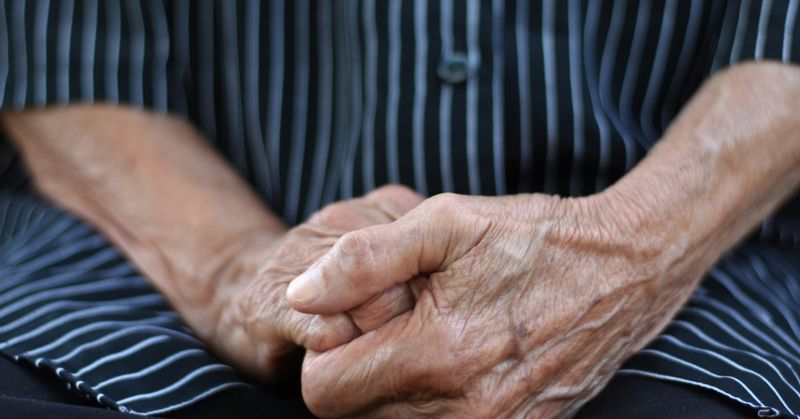
Physical health often acts as a determining factor in one’s willingness to engage socially. Chronic illnesses, mobility issues, or hearing impairments can significantly hinder communication. Imagine an elderly gentleman, once lively and active, now relying on a cane for support. His adventurous spirit remains unbroken, yet the effort to join social gatherings feels overwhelming.
For him, the park becomes a sanctuary, where the silence is more comforting than the chatter of a crowd. This gentle retreat is not out of choice but necessity, driven by the limitations imposed by his aging body.
The world shrinks as movement becomes a challenge, making solitude a soothing alternative. “Physical health limitations as age progresses” as a search query highlights this.
Emotional Exhaustion
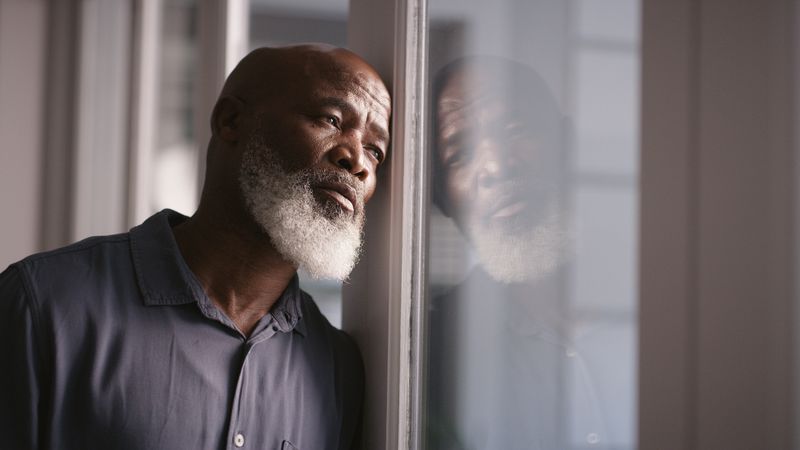
Emotional exhaustion can lead one to seek solitude, offering a reprieve from the demands of social interaction. Picture a woman in her mid-sixties, looking out of her window, eyes filled with a quiet longing. Her life has been a tapestry of relationships, filled with both joy and heartache.
As the years pass, the emotional toll accumulates, leaving her yearning for peace and quiet. The prospect of engaging with others becomes daunting, as it demands energy she no longer possesses.
Solitude becomes her refuge, a place where she can recharge without the pressures of conversation. “Emotional exhaustion and social withdrawal in aging” would be a suitable search.
Loss of Loved Ones

The loss of loved ones is a profound reason why some older adults retreat into themselves. Envision an elderly man, seated alone, flipping through a well-worn photo album. Each image is a fragment of a shared life now gone.
His heart aches with the absence of those he once held dear, and the silence in his home echoes their laughter. Social settings may serve as painful reminders of their absence, intensifying his sense of loss.
For him, solitude is a balm, a space where memories can be cherished without the intrusion of the present. “Grieving and social withdrawal in the elderly” captures this sentiment.
Changing Interests
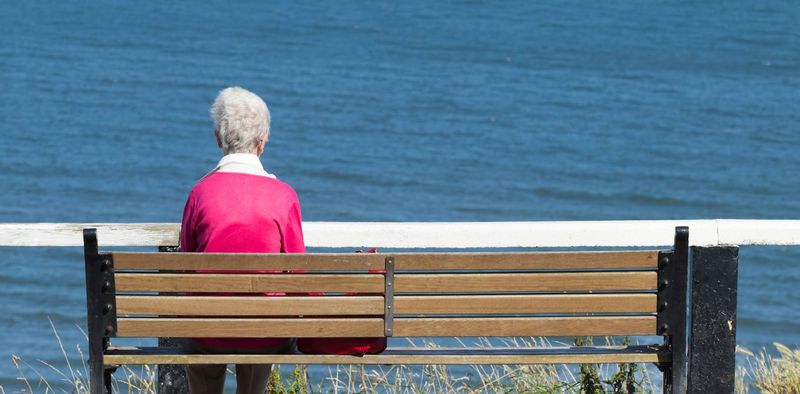
Interests evolve, and for some, this means choosing solitude over social interactions. Visualize an elderly woman, her hands deftly moving a paintbrush across a canvas in a sunlit studio. Her world is transformed by hues and textures, a passion that consumes her time and thoughts.
The social activities she once enjoyed now seem mundane compared to the joy of artistic expression. Her preference for solitude isn’t about shutting others out but about embracing a newfound love.
As she loses herself in creativity, the need for conversation diminishes, replaced by the fulfillment of her art. “Changing interests leading to social withdrawal in aging” is a fitting search term.
Fear of Vulnerability
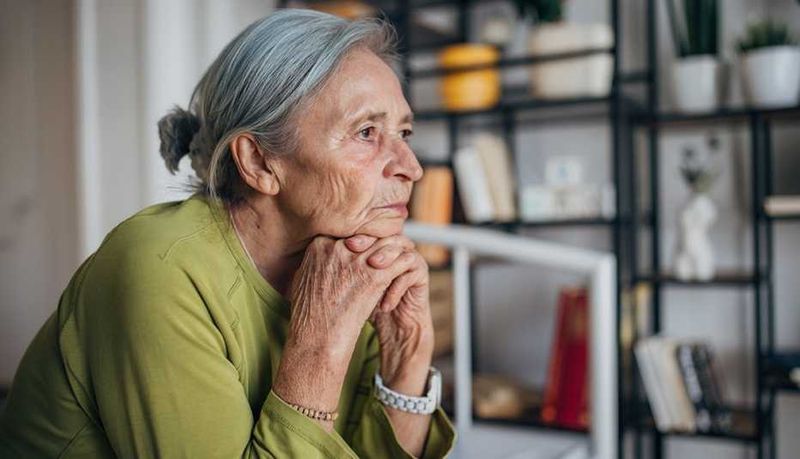
Fear of vulnerability can be a powerful deterrent to social engagement. Picture an elderly woman, clutching her shawl tightly as she gazes around her with apprehension. Life’s experiences have taught her caution, and the idea of opening up to others feels perilous.
Her heart is a fortress, built to protect against potential hurt. Conversations, once a source of joy, now seem fraught with risk.
Solitude offers safety, a place where her thoughts are her own and her vulnerabilities remain shielded from judgment. “Fear of vulnerability and social withdrawal in aging” will guide an image search related to this theme.
Technological Barriers
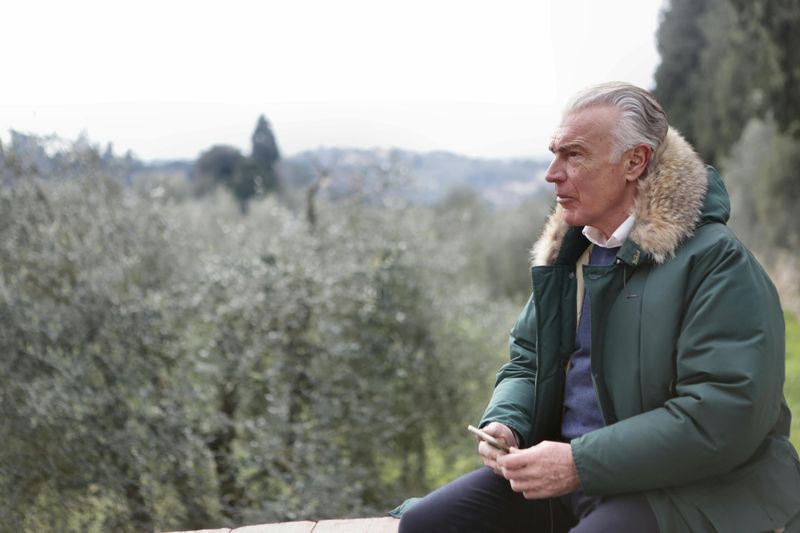
The rapid pace of technological change can alienate older adults from social circles. Consider an elderly man, staring perplexedly at a smartphone. Once, communication was simple and direct, but now it feels like navigating a foreign language.
His attempts to connect through digital means are met with frustration, leaving him feeling isolated in a tech-driven world.
This technological divide becomes a barrier, reinforcing his retreat into quietude. For many, the effort to adapt feels insurmountable, making solitude a more peaceful choice. “Technological barriers and aging social withdrawal” would be an appropriate search query.
Cultural and Generational Gaps
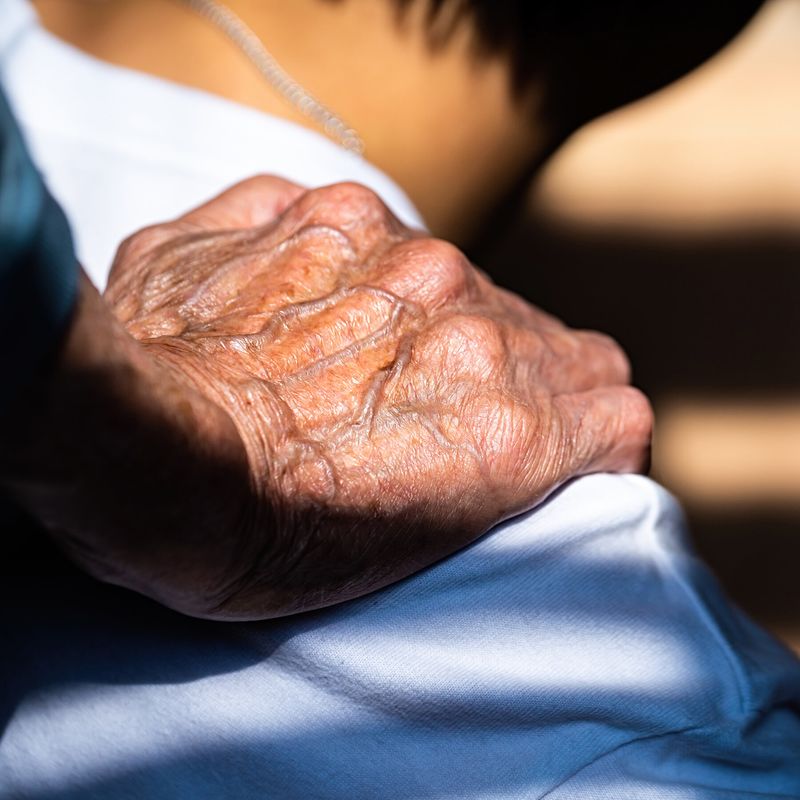
Cultural and generational gaps can widen the divide between older adults and younger generations. Imagine an elderly couple in traditional attire, attending a modern party, feeling out of place amidst the lively crowd. Their customs and values, once shared widely, now seem like relics in a rapidly changing world.
The conversations around them are filled with references they don’t understand, leaving them feeling disconnected.
Instead of bridging these gaps, many choose the comfort of familiar surroundings and thoughts. “Cultural and generational gaps in social interaction” would yield relevant images.
Introversion and Personality Changes

Personality shifts toward introversion can naturally occur with age. Picture an elderly woman, seated under a tree, engrossed in a book. Her younger years were filled with social events and lively conversations, but now she finds solace in the pages of a novel.
The quiet rustle of leaves and the gentle hum of nature are companions more comforting than any crowd.
This transition isn’t about rejecting society but embracing inner peace, a reflection of how her personality has evolved. “Introversion and aging social habits” would be a helpful search phrase.
Negative Social Experiences

Negative social experiences can lead to reluctance in seeking new connections. Envision an elderly man, his face marked by a sadness as he reminisces about past interactions. Harsh words and misunderstandings have left scars that time struggles to heal.
The thought of repeating these painful experiences deters him from reaching out to others.
In his mind, solitude offers a reprieve from judgment and disappointment, a safe harbor from the unpredictable nature of social encounters. “Negative social experiences leading to withdrawal” could direct to pertinent images.
Loss of Purpose
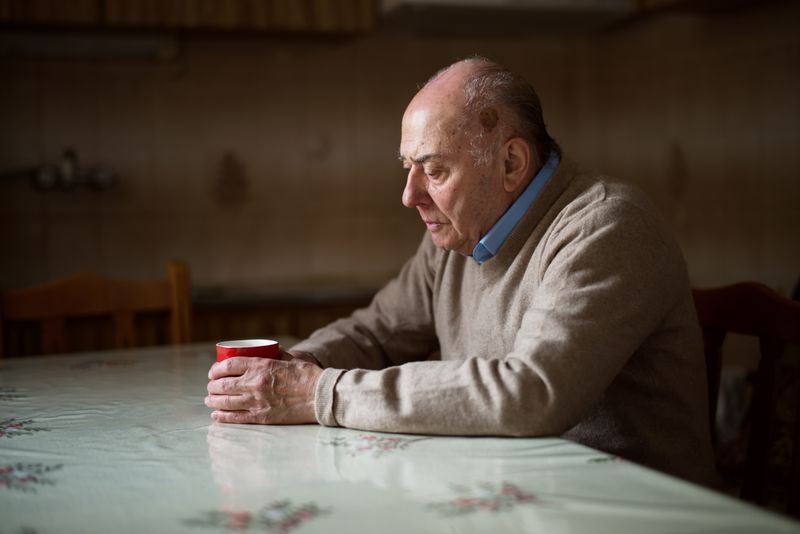
Loss of purpose can diminish the desire to engage socially. Visualize an elderly woman, staring wistfully at an empty rocking chair. Once, her days were filled with purpose, whether through work or family. But now, retirement and independence have shifted her sense of identity.
Conversations that once sparked interest now seem hollow, lacking the substance that used to drive her interactions.
She finds herself withdrawing, seeking solace in quiet reflection, as she grapples with this new phase. “Loss of purpose and social withdrawal in elderly” could guide an image search.
Contentment in Solitude
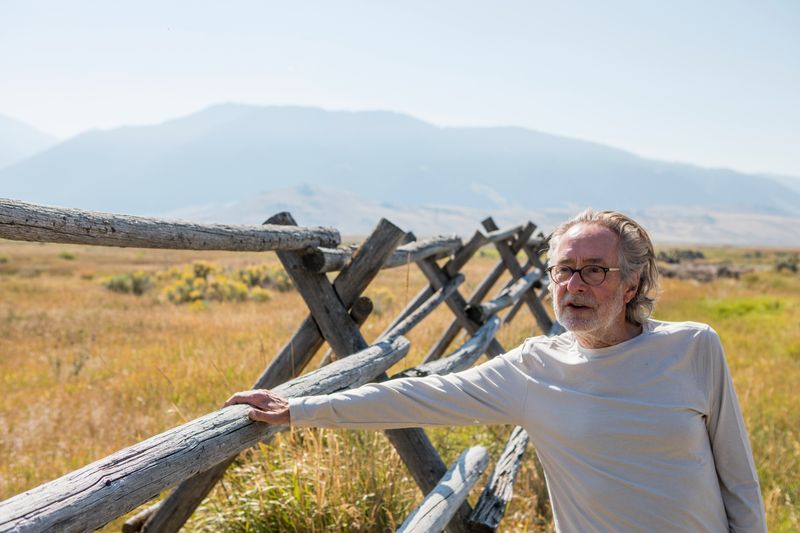
For some, solitude is a choice born from contentment. Picture an elderly man, sitting quietly by a serene lake, fishing rod in hand. His life has been rich with experiences, and now he finds joy in the simplicity of solitude.
The gentle lapping of water and the occasional tug on the line provide a rhythm to his thoughts.
Unlike others, his retreat from social interaction isn’t due to loss or fear, but a preference for the tranquility that solitude brings. “Contentment in solitude as people age” would be a suitable search term.

Comments
Loading…